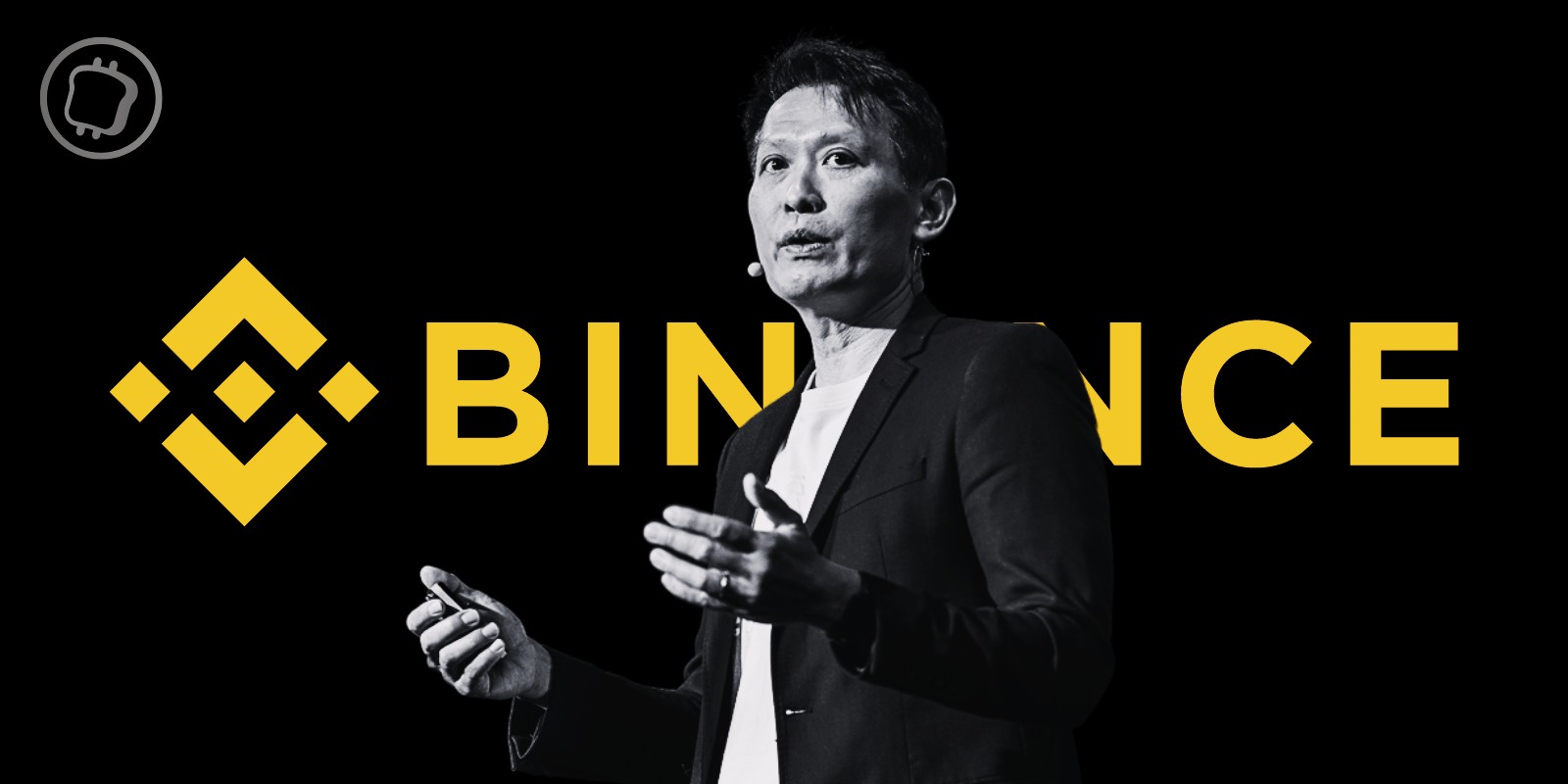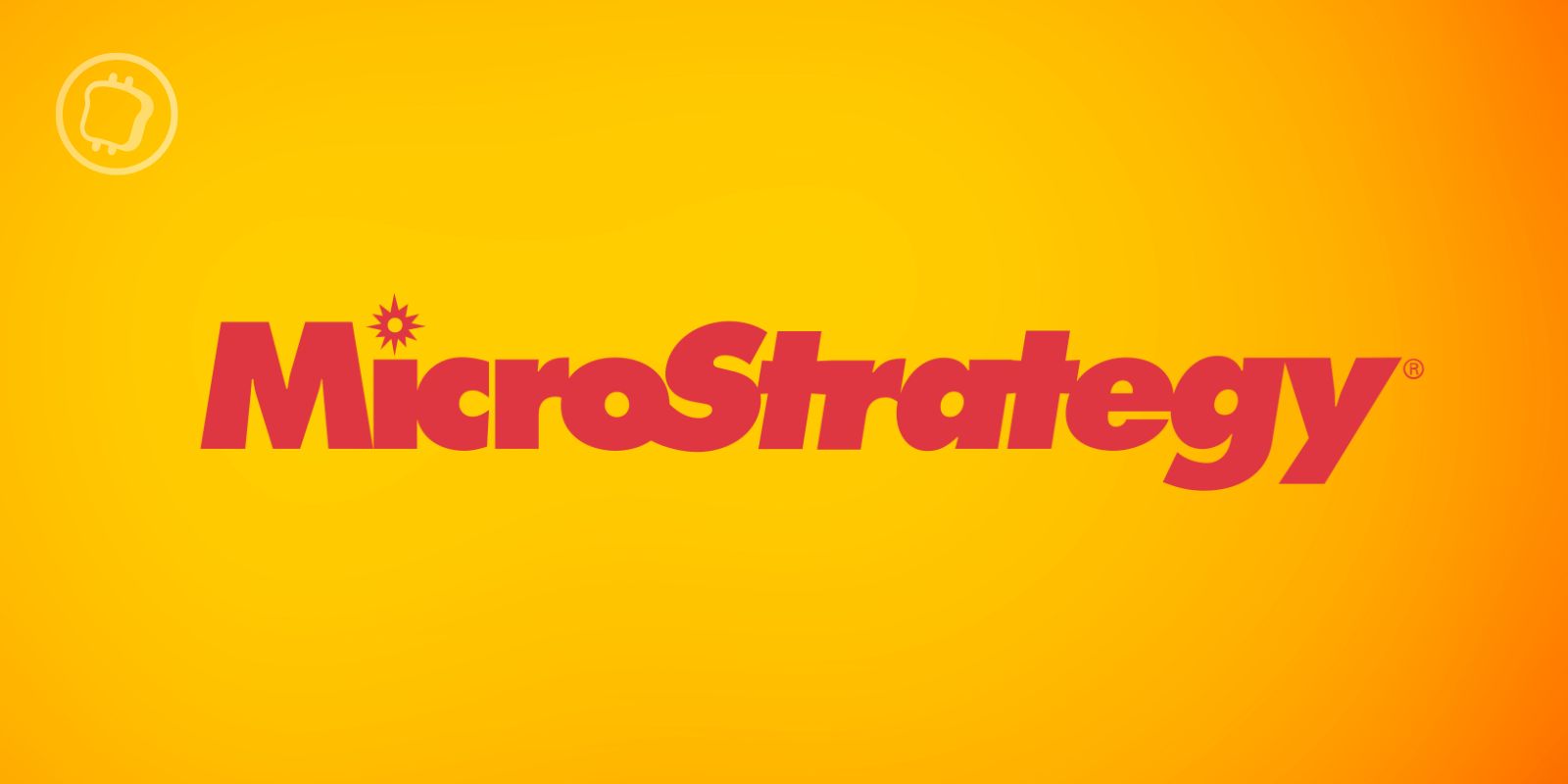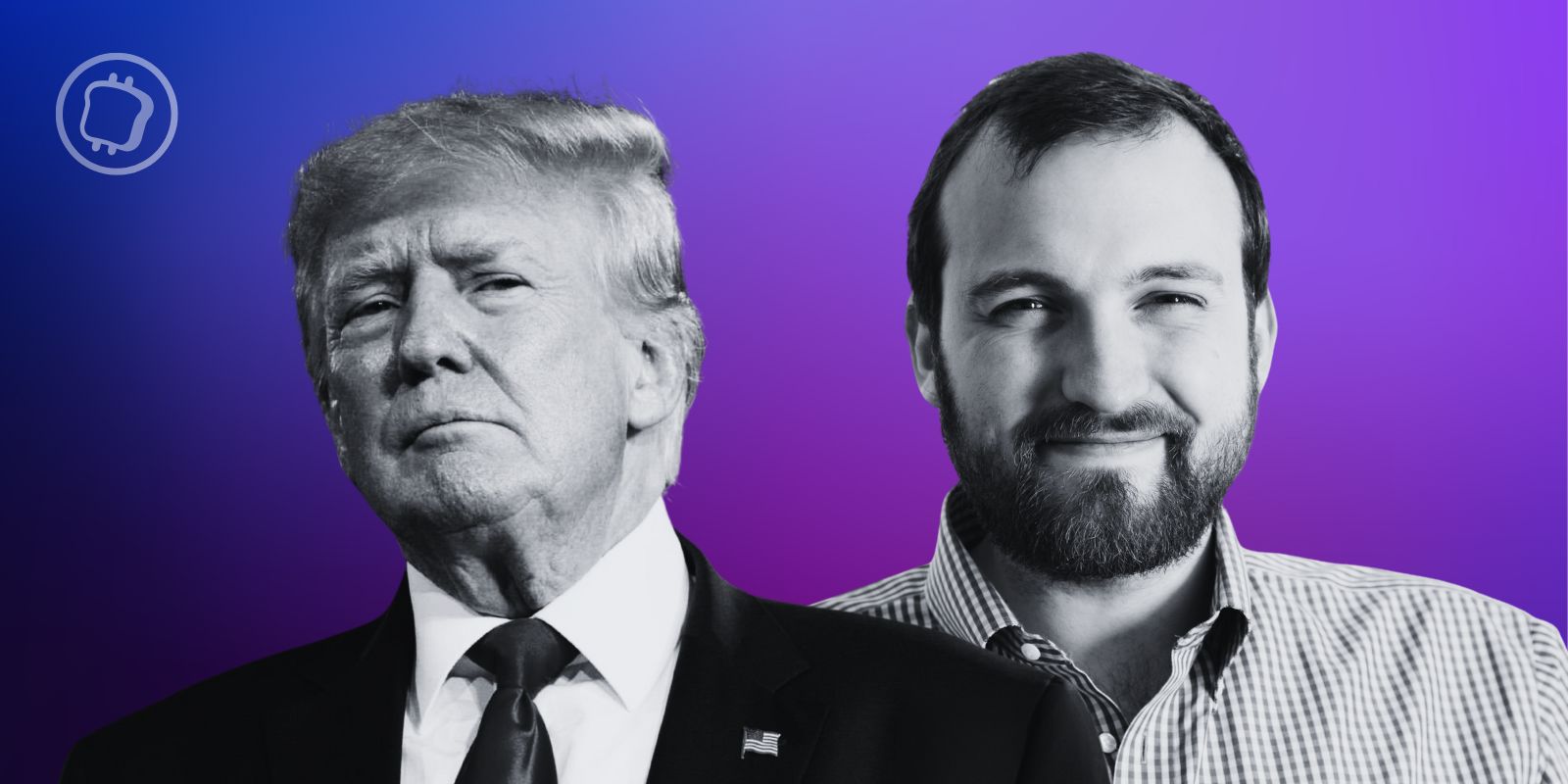Binance, the world’s largest cryptocurrency exchange, is being accused of freezing Palestinian citizens’ funds at the request of Israel, according to Paxos co-founder Ray Youssef. Youssef claims that Binance has seized funds from “all Palestinians” and is refusing to return them. What’s the truth?
Binance accused of confiscating funds from Palestinian citizens
Since yesterday, Binance, the world's largest cryptocurrency exchange, has been in the spotlight after she was accused of freezing the funds of Palestinian citizens.
It was Ray Youssef, CEO of peer-to-peer Bitcoin exchange NoOnes and co-founder of Paxos, who first raised the alarm on X, stating that Binance had frozen the funds of “ all Palestinians » at the request of Israelwhile the conflict between the two states continues:
Binance has seized all funds from all Palestinians as per the request of the IDF. They refuse to return the funds. All appeals denied.
Your funds are SAFU at @noonesapp tho.
In accordance with the authority delegated to me by the Minister of Defense, according to Section 61(a)… pic.twitter.com/RYlsFmlh2i
— Ray Youssef (@ray_noOnes) August 26, 2024
“Binance has seized all funds from all Palestinians as per the Israeli military’s request. They refuse to return the funds. All appeals have been rejected.”
According to the Paxos co-founder, the letter included in the post, signed in November 2023 by Israel's National Bureau for Combating the Financing of Terrorism, was written in response to Palestinian users who had demanded that their blocked funds be returned.
💲Find out how to buy cryptocurrencies easily
The letter, which invokes Israeli law, states, among other things, that The accounts affected by the fund freezes have been identified as complicit in financing terrorist organizations. We can also read there that consequently, ” the law allows the Minister of Defense to order their seizure by administrative decree with a view to their confiscation “.
Cryptoast Research: Don't Spoil This Bull Run, Surround Yourself With Experts
Lies and FUD, according to Richard Teng
Naturally, the rumor quickly made noise on social networks, as the conflict between Palestine and Israel is heated and gives rise to lively debates. However, Binance CEO Richard Teng chimed in on X to say that he believes this is just fud.
More precisely, it would seem that only ” a limited number » Binance accounts are affected, which would be linked to illicit transfers.
FUD. Only a limited number of user accounts, linked to illicit funds, were blocked from transacting. There have been some incorrect statements about this.
As a global crypto exchange, we comply with internationally accepted anti-money laundering legislation, just like any other…
— Richard Teng (@_RichardTeng) August 28, 2024
“As a global crypto exchange, we comply with international anti-money laundering legislation, like any other financial institution. We will continue to educate users on how to safely transact on our platform.”
We reached out to Binance for more information, who directed us to this statement shared by Richard Teng.
According to information gathered by our colleagues at CoinTelegraph, Binance traffic from Palestine only equals 0.05% of its visits in 2023.
However, according to the data available on Coinglass, More than 45,100 Bitcoins have been withdrawn from the world's largest cryptocurrency exchange in the last 24 hourswhich is equivalent to around $2.5 billion at the current BTC price.
In May 2023, Israeli counterterrorism authorities seized approximately 190 accounts on Binance, a significant portion of which were believed to be linked to ISIS or the Palestinian Hamas. At that time, Binance responded that “ The immutable and public nature of blockchain makes cryptocurrency a poor choice for money laundering, as it allows law enforcement to discover and trace money laundering much more easily than cash transactions. “.
Join the Cryptoast community on Discord
Source: Coinglass
The #1 Crypto Newsletter 🍞
Receive a daily crypto news recap by email 👌
What you need to know about affiliate links. This page may feature investment-related assets, products, or services. Some links in this article may be affiliate links. This means that if you purchase a product or sign up for a site from this article, our partner pays us a commission. This allows us to continue to provide you with original and useful content. There is no impact on you and you can even get a bonus for using our links.
Investing in cryptocurrencies is risky. Cryptoast is not responsible for the quality of the products or services presented on this page and could not be held responsible, directly or indirectly, for any damage or loss caused following the use of a good or service highlighted in this article. Investments related to crypto-assets are risky by nature, readers must do their own research before taking any action and only invest within the limits of their financial capacities. This article does not constitute investment advice.
AMF recommendations. There is no guaranteed high return, a product with a high return potential implies a high risk. This risk-taking must be in line with your project, your investment horizon and your ability to lose part of these savings. Do not invest if you are not prepared to lose all or part of your capital.
To go further, read our Financial Situation, Media Transparency and Legal Notices pages.










